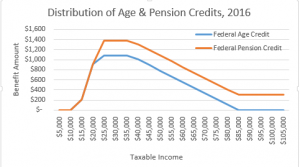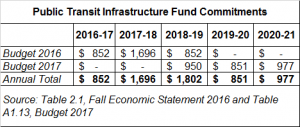Armine Yalnizyan, Atkinson Fellow on the Future for Workers – Recipient of the 2023 Galbraith Prize in Economics
This lecture was delivered on May 31, 2024, at the Canadian Economics Association Annual Meetings, Toronto Metropolitan University
Thank you for the immense honour of being awarded the Galbraith Prize in Economics — and for agreeing to wait a year to hear this speech in Toronto instead of Winnipeg. Some of you know why the delay occurred. Others can find me later and I’ll tell you the story over a beer.
For the past six years I’ve lived in Ottawa, on the unceded territory cared for by the Algonquin Anishnaabe people for hundreds of years, just as it has taken care of them.
I live on the Ottawa River, where no two days are alike. The river constantly changes,
Read More »

